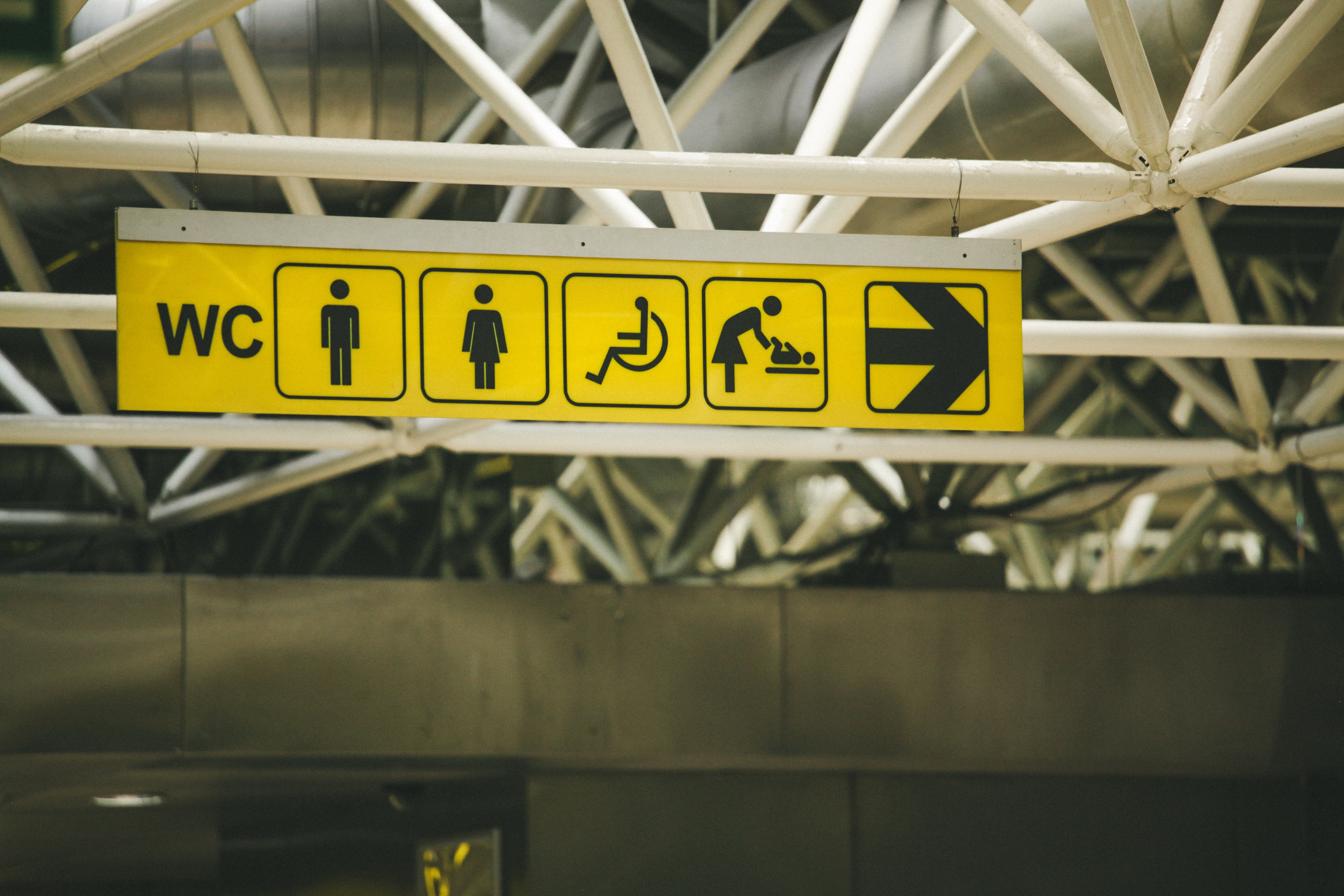A simple urine tests could help diagnose a serious pregnancy disorder suffered by millions of women including Kim Kardashian, Mariah Carey and Sophie Ellis Bextor.
Pre-eclampsia occurs during the second half of pregnancy and is characterised by high blood pressure and a rise in the normal level of a protein in the urine, called proteinuria.
The disorder affects one in 10 pregnancies in the UK and women who develop it can experience swelling of the feet, ankles, face and hands, along with severe headaches and vision problems.
The condition puts the health and life of an expectant mother and her baby at serious risk.
Doctors often have to strike a balance between delivering babies late enough to survive and early enough to avoid complications from the condition.
Pre-eclampsia is attributable for up to one in five pre-term births and affects around one in 10 pregnancies in the UK.
A major issue with the condition is that its symptoms are so ambiguous, that doctors rarely diagnose ‘pure’ pre-eclampsia.
However, even if a diagnosis is made, it is still not possible to identify what has caused the disorder, so it is difficult to control effectively.
In the new study, published in the Journal of Proteomics, researchers sought to identify potential biomarkers for the condition.
They now hope that in the future, women will be able to receive an accurate and early diagnosis through a non-invasive urine test.
Researchers focussed on protein in urine, which significantly increases ten times above the normal 0.03g/l level in pre-elcampsia sufferers.
The scientists sought to find out whether the peptides, or pieces of proteins, could carry information about the disease.
To identify the potential biomarkers, the researchers compared urine samples of three groups of ten women: women with severe pre-elcampsia; mild pre-eclampsia and women without the disorder.
After studying the samples, the team identified 35 potential peptide biomarkers for pre-eclampsia.
These included fragments of alpha-1-antitrypsin, collagen alpha-1(I) and alpha-1(III) chains and uromodulin.
Author Professor Evgeniy Nikolaev, from the Moscow Institute of Physics and Technology, said: “We were able to confirm a number of markers previously proposed by our colleagues abroad, and also identify some new ones.
“We will obviously need to verify and confirm their significance.
“What is important is that this non-invasive method has proven effective – it can be used as a basis to develop a clinical method.”




